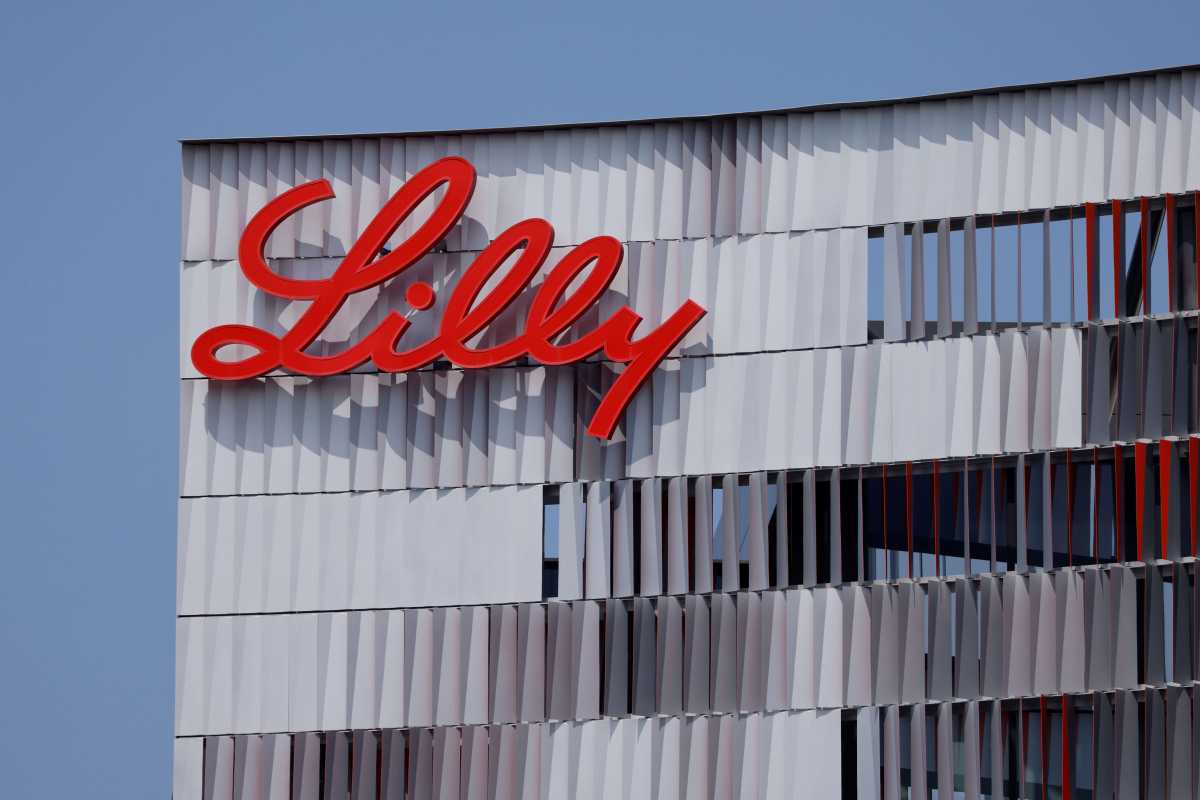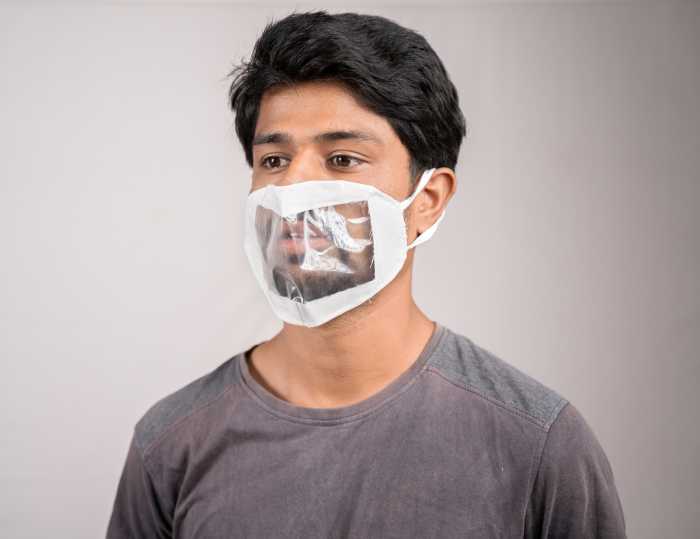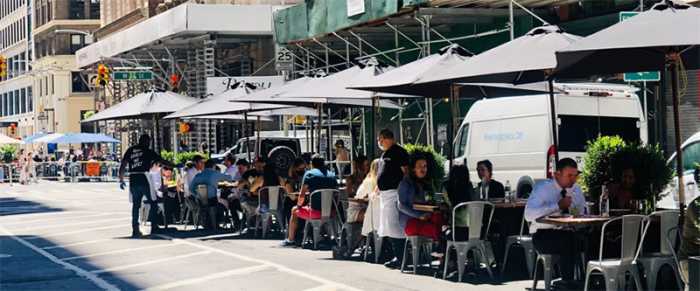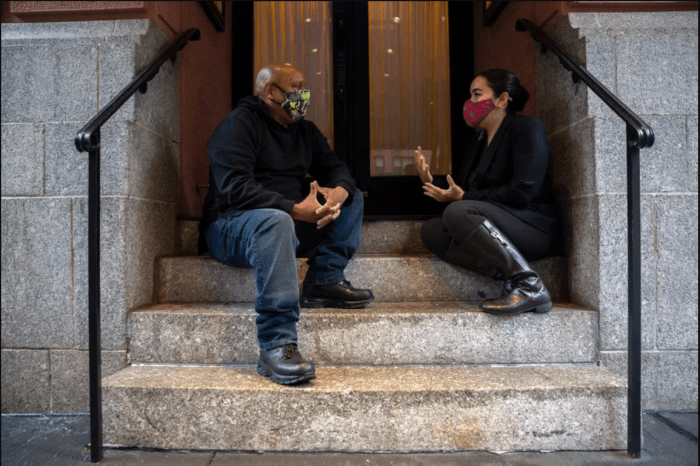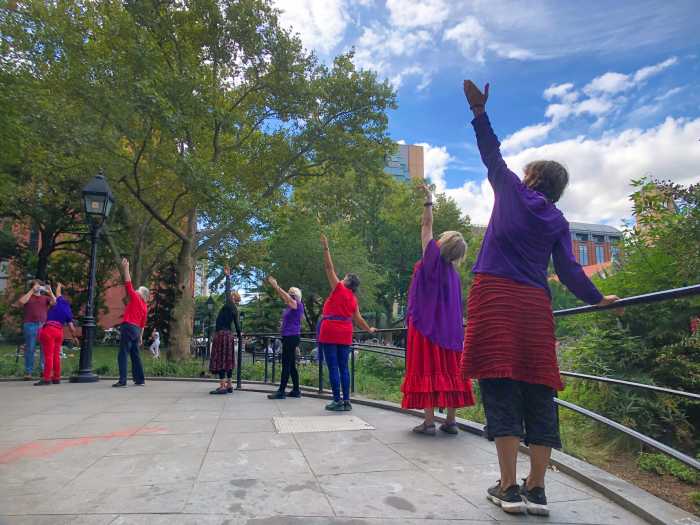By Deena Beasley, Reuters
U.S. regulators on Monday authorized emergency use of the first experimental antibody drug for COVID-19 in patients who are not hospitalized but are at risk of serious illness because of their age or other conditions.
The Food and Drug Administration (FDA) granted emergency use authorization (EUA) to Eli Lilly & Co’s bamlanivimab based on trial data showing that a one-time infusion of the treatment reduced the need for hospitalization or emergency room visits in high-risk COVID-19 patients.
The drug is a monoclonal antibody – a widely used class of biotech drugs which in this case is a manufactured copy of an antibody the human body creates to fight infections.
A similar treatment developed by Regeneron Pharmaceuticals Inc was given to U.S. President Donald Trump after he caught the coronavirus in early October. The nation’s top infectious disease expert Dr. Anthony Fauci said it likely contributed to Trump’s recovery.
The White House, in an emailed statement, hailed the FDA’s decision as “a major milestone.”
Regeneron is also seeking an EUA for its dual-antibody against COVID-19.
The FDA said Lilly’s antibody can be used for anyone over the age of 65 who is recently diagnosed with mild-to-moderate COVID-19 and for patients age 12 and older who have an underlying health condition putting them at risk for serious illness.
It was not authorized for hospitalized patients nor for those who required oxygen therapy due to COVID-19 as it could worsen clinical outcomes for such patients. A U.S. government-sponsored study of bamlanivimab in hospitalized COVID-19 patients was recently abandoned because the treatment was not shown to be helping.
Lilly said it will begin shipping bamlanivimab immediately through distributor AmerisourceBergen, but regional allocations of the drug will be determined by the federal government.
The U.S. government has purchased 300,000 doses of the treatment and committed that Americans will have no out-of-pocket costs for the medicine, although healthcare facilities may charge a fee for the product’s administration.
Lilly anticipates manufacturing up to one million doses of bamlanivimab by the end of 2020, for use around the world through early next year. Beginning in first-quarter 2021, it expects the supply to increase substantially, as additional manufacturing resources come online.
Under the EUA, the FDA said Lilly will retain an independent third party to conduct a review of records and underlying data and associated discrepancies of bamlanivimab drug substance manufactured at the company’s Branchburg, New Jersey plant.
Reuters on Oct. 13 reported that inspectors who visited the Branchburg plant in November 2019 found data on various manufacturing processes had been deleted and not appropriately audited, according to government inspection documents.
Lilly has said it plans to pursue a similar authorization in November for its two-antibody cocktail, which it described as having helped reduce viral levels even more than the single-antibody treatment.
Shares of the Indianapolis drugmaker, which closed little changed at $142.33 in regular trading, were up 3.6% after hours.



